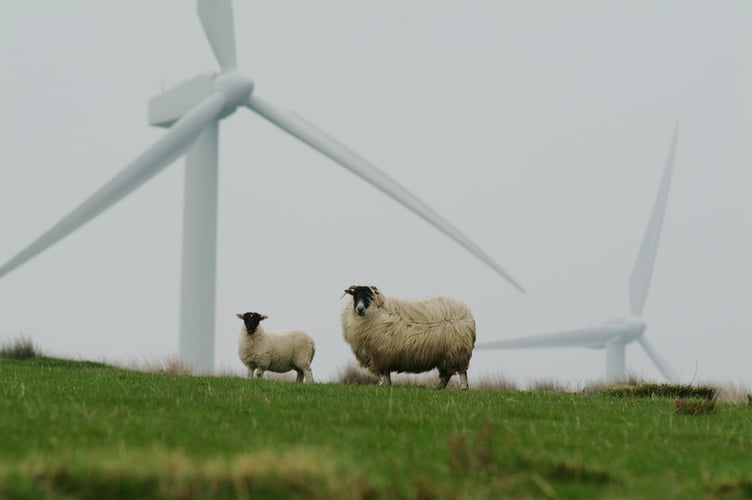The UK Government has unveiled its first-ever Clean Energy Jobs Plan today (Sunday, October 19), predicting up to 45,000 clean energy roles in the region by 2030, an increase of around 30,000 since 2023.
The plan identifies 31 priority occupations, including plumbers, electricians, welders, bricklayers and engineers, which are in growing demand as the country ramps up investment in renewables, nuclear and carbon capture projects.
Five new Technical Excellence Colleges will also be established to train the next generation of workers, part of the Government’s ambition for two-thirds of young people to be in higher-level learning.
Energy Secretary Ed Miliband said: “Communities have long been calling out for a new generation of good industrial jobs. The clean energy jobs boom can answer that call – and today we publish a landmark national plan to make it happen.
“Our plans will help create an economy in which there is no need to leave your hometown just to find a decent job. Thanks to this Government’s commitment to clean energy, a generation of young people can have well-paid, secure jobs, from plumbers to electricians and welders.
“This is a pro-worker, pro-jobs, pro-union agenda that will deliver the national renewal our country needs.”
Work and Pensions Secretary Pat McFadden said the plan would give workers the skills needed to power the transition.
“We’re giving workers the skills needed for the switch to clean energy, which is good for them, good for industry – and will drive growth across the nation,” he said.
The Government estimates clean energy employment will double to 860,000 jobs by 2030, supported by public and private investment exceeding £50 billion since last summer.
Major projects such as the Rampion 2 offshore wind farm off Sussex are expected to create around 4,000 jobs, while solar energy developments including Horton Wood, Copse Close and Bramley will add thousands more.
Clean energy roles also promise higher pay, with entry-level jobs paying on average 23% more than equivalent roles in other industries. Jobs in wind, nuclear and power networks now average over £50,000 a year, compared with a UK average of £37,000.
The plan includes new measures to ensure clean energy jobs are “good jobs”, with fair pay, strong employment protections and union involvement across the sector. Offshore energy workers will see extended protections such as the national minimum wage, and a new Fair Work Charter will set standards for companies receiving public funding.
The Government will also expand retraining schemes for veterans, ex-offenders, school leavers and oil and gas workers, helping experienced staff move into clean energy careers.
Industry and trade unions have welcomed the plan, describing it as a long-awaited step towards rebuilding Britain’s industrial base and ensuring a “just transition” for workers.
Paul Nowak, General Secretary of the TUC, said: “After years of previous governments starving British industry of investment, this represents a serious plan to rebuild our industrial heartlands and deliver quality jobs in clean energy. Crucially, it puts decent work at the heart of our energy system.”
Energy companies including Centrica, ScottishPower, EDF and Siemens Energy also hailed the plan as vital to securing skilled jobs, boosting apprenticeships and supporting the UK’s energy transition.



Comments
This article has no comments yet. Be the first to leave a comment.